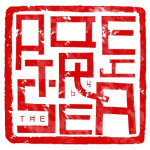Three-Day Workshops/Seminars—Run Wed, Thur, and Fri pm. Cost $949 (Includes panels & evening readings, lunch & dinner)
—Melissa Balmain, DAVID M. KATZ, Joshua Mehigan
TWO-DAY WORKSHOPS/SEMINARS— Cost $250 per workshop
—Chad Abushanab, David Groff
One-Day Workshops— Cost $150 per workshop
—Austin Allen, ALLISON JOSEPH, Clare Rossini, Alexis Sears
METRICAL CONSULTATION—COST $50 FOR 30 MINUTES
—ANNA M. EVANS
Panels & Evening Readings, Lunch & Dinner Only—Cost $649
Three-Day Workshops/Seminars
COMEDY IN EVERYDAY LIFE
with Melissa Balmain
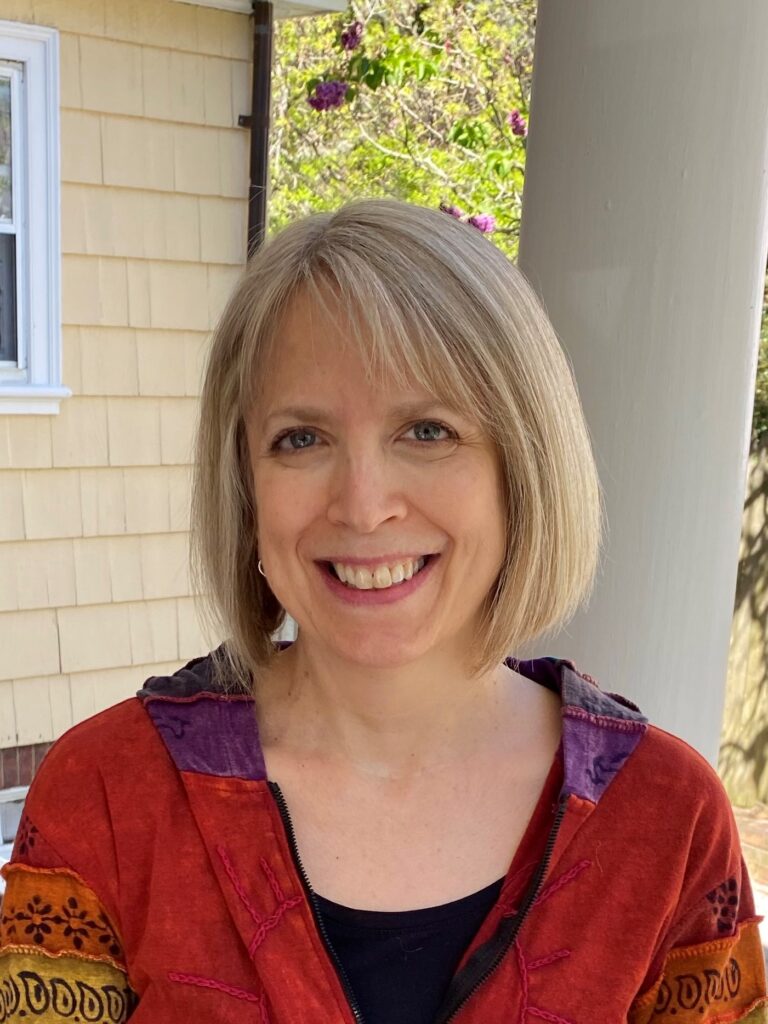
Has there ever been a better time to lift your spirits (and your readers’) with a little humor? In this workshop, we’ll explore ways to mine funny poems from ordinary occurrences, relationships, and things—even ones that may seem to have no comic potential. We’ll seek inspiration in poets past and present, test-drive some brainstorming techniques and writing exercises, and, best of all, make people in other rooms wonder what the hell we’re all laughing about.
Melissa Balmain is Editor-in-Chief of Light, America’s premier journal of comic verse; she teaches humor writing and poetry writing at the University of Rochester. A winner of the Able Muse Book Award and the Kim Bridgford Memorial Sonnet Contest, she has been a finalist for the Richard Wilbur Award, the Donald Justice Poetry Prize, and the Howard Nemerov Sonnet Award (twice). Her latest poetry collection (much of it inspired by daily life) is Satan Talks to His Therapist (Paul Dry Books, 2023). Visit her online at melissabalmain.com.
Master Poets Critical Seminar: Elizabeth Bishop
with David M. Katz
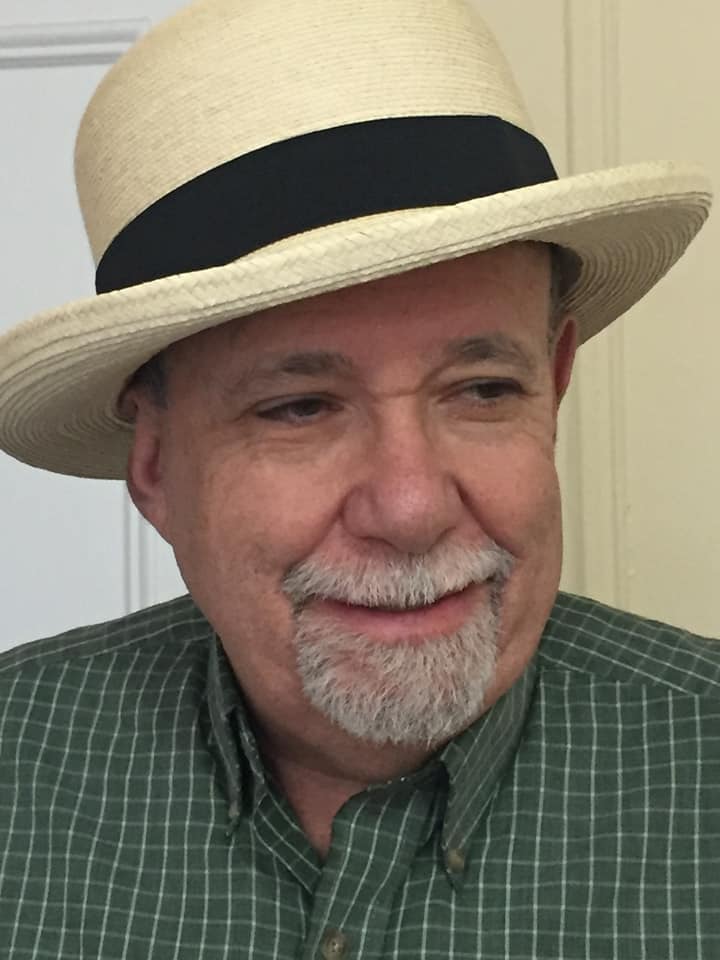
The Master Poets Critical Seminar gives us the exciting opportunity to study a master poet, develop our ideas and practice, and engage in meaningful conversation with others about the poetry of a great artist. Led by David M. Katz, this year’s seminar will focus on close readings of the poetry of Elizabeth Bishop, with an eye towards sharpening our own work. What can we, as poets, learn from Bishop about scene-setting from this most painterly of poets? About articulating a sense of place from her great evocations of sea and shoreline, highway and roadside? About adjusting our verse to its subject matter from Bishop’s fluid uses of form and free verse? In preparation for the seminar, participants will independently study Bishop’s poetry. At the Conference, they will each be asked to make a brief presentation to other seminar participants on a Bishop poem of their choice or on an aspect of her work. Participants can opt for the seminar when registering for the 2024 Conference. For more information or to contact the seminar leader, email poetryby_thesea@yahoo.com with the subject line “Seminar.”
David M. Katz is the author of four books of poetry—In Praise of Manhattan, Stanzas on Oz, and Claims of Home, all published by Dos Madres Press, and The Warrior in the Forest (House of Keys). Poems of his have appeared in Poetry, The Paris Review, The Hudson Review, The New Criterion, PN Review (UK), The New Republic, The Hopkins Review, Shenandoah, Alabama Literary Review, The Cortland Review, and The Ekphrastic Review. His criticism has appeared in The Hopkins Review, Contemporary is a co-host of the Morningside Poetry Series in Manhattan. He posts frequently on his website, The David M. Katz Poetry Blog (davidmkatzpoet.com). He is starring in Gulliver’s Paradise, a film by Shalom Gorewitz that is currently in production.
THE ART OF THE BLANK VERSE LINE
with Joshua Mehigan

Since its invention by Henry Howard in 1540, blank verse has proven to be one of the most versatile, expansive, and dynamic forms of Anglophone poetry. Without it, much of the greatest poetry written in English simply would not exist. Blank verse can yield a megalith like Paradise Lost, the “divine chit-chat” of Cowper, or the crackerbarrel vernacular of Frost. Or it can be, as it has been for the most importants poets of every age, what the Bonneville salt flats are for race car drivers: a place to open things up and test all your powers of innovation and execution. In this workshop, we’ll look at some expressive textures of blank verse (e.g., pyrotechnic, monumental, meditative, casual) and consider some of the local effects of timing and emphasis that are available to writers working in the form. In addition to workshopping poetry by participants, we will discuss blank verse from the 16th to the 21st centuries, looking closely at examples from Surrey to Erica Dawson. A comprehensive packet will be provided.
Joshua Mehigan’s first book, The Optimist, was a finalist for the 2004 Los Angeles Times Book Prize. His second, Accepting the Disaster, was published by Farrar, Straus and Giroux in 2014 and subsequently cited as a best book of the year in the TLS, The New York Times Book Review, and elsewhere. His poems have appeared in many publications, including The New Yorker, The Paris Review, and Poetry, which awarded him its 2013 Levinson Prize. He has received writing fellowships from the National Endowment for the Arts (2011) and the Guggenheim Foundation (2015).
Two-Day Workshops/Seminars
Form Outside the Norm: Rarer Shapes and Songs
WITH CHAD ABUSHANAB
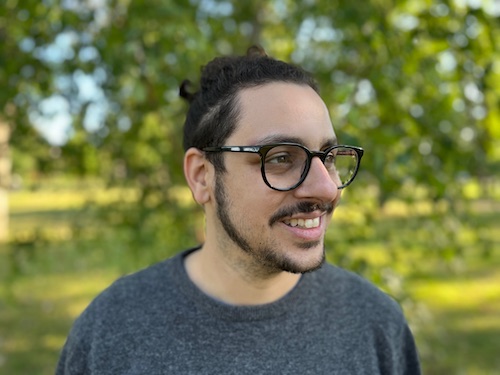
Like dances that never go out of style, certain poetic forms are perennial favorites among writers and readers alike. Sonnets, villanelles, sestinas, ballads, pantoums, etc., often dominate our imaginations when it comes to working in traditional verse forms. But what about a rispetto? Or the bref double? You’ve probably written some haiku, but have you ever tried the dodoitsu or a katauta?
In this 2-day workshop, we will learn and try out several underrepresented poetic forms from around the world in order to widen our perspectives and provide fresh avenues for discovery–writing new poems along the way and revising in-progress drafts as we go.
Chad Abushanab is the author of The Last Visit, which won the 2018 Donald Justice Poetry Prize. His poems have appeared in the New York Times Magazine, Sewanee Review, Ecotone, The Believer, Best New Poets, Southern Poetry Review, and many other publications. He is an Assistant Professor of English at Bemidji State University located in the north woods of Minnesota. Read more at www.chadabushanab.com.
Writing the “After” Poem: Taking Inspiration from Your Poet-Forebears
with David Groff
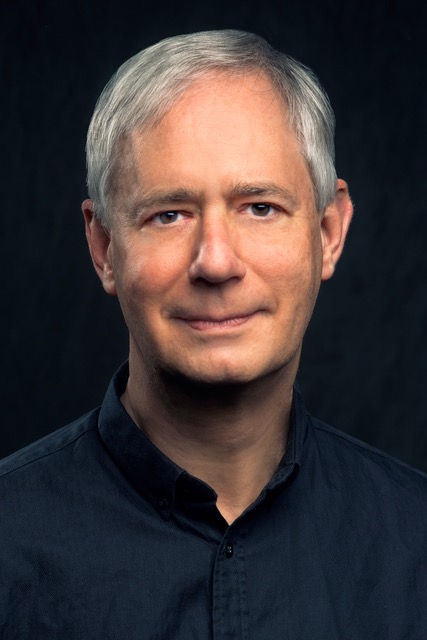
Our poems exist in the context and interplay of poems already written. In this workshop, we’ll join the tradition of poets responding to the work of poets who came before us. We’ll write and discuss our own “after” poems—poems that recast, revise, renew, reimagine, and maybe even reject modern and contemporary works that are part of our personal canon. Our result will be poems that transcend imitation, homage, and critique to become vital and original, truly our own.
David Groff’s most recent book, Live in Suspense, was published by Trio House Press. His previous book Clay, also from Trio House,was chosen by Michael Waters for the Louise Bogan Award. His first collection, Theory of Devolution, was selected by Mark Doty for the National Poetry Series. He is the coeditor of Persistent Voices: Poetry by Writers Lost to AIDS (Alyson) and Who’s Yer Daddy?: Gay Writers Celebrate Their Mentors and Forerunners (University of Wisconsin Press). An independent book editor, he teaches poetry, nonfiction, and publishing in the MFA creative writing program at the City College of New York. www.davidgroff.com
30 Minute Metrical Consultation
With Anna M. Evans

Have you always wanted to write in meter, but find that its rhythms and subtleties elude you? Or, do you have a metrical poem or poem project for which you can’t quite get the meter RIGHT? Have no fear, Anna M. Evans is here to help. Her undergraduate-tested method of ‘teaching’ meter will have you effortlessly creating iambic pentameter in no time. And she never met a line she couldn’t fix (← that’s iambic pentameter right there, admittedly with a first foot anapest). Sign up for a 30 minute tutorial, and Anna will email you to arrange a time convenient to you at the conference.
The Mezzo Cammin Women Poets Timeline Project, an online database currently containing 50+ such essays founded by Dr. Kim Bridgford, will return next year.
Anna M. Evans’ poems have appeared in the Harvard Review, Atlanta Review, Rattle, American Arts Quarterly, and 32 Poems. She gained her MFA from Bennington College. Recipient of Fellowships from the MacDowell Artists’ Colony and the Virginia Center for the Creative Arts, and winner of the 2012 Rattle Poetry Prize Readers’ Choice Award, she currently teaches at West Windsor Art Center and Rowan College at Burlington County. Her collections are: Sisters & Courtesans, (White Violet Press), Under Dark Waters: Surviving the Titanic, (Able Muse Press) and States of Grace, forthcoming from Able Muse Press. Visit her online at annamevans.com.
One-Day Workshops
“You Shall Shine More Bright”: The Love Object in Poetry
WITH AUSTIN ALLEN

Petrarch wrote hundreds of sonnets for a woman he barely knew. Sor Juana Inés de la Cruz wrote passionate love lyrics as a nun. Frank O’Hara invented his “Personism” movement while drafting a love poem and realizing he “could use the telephone instead.” What are poets doing, or hoping to do, when they address the ones they love? How can poems evoke a genuine romantic connection? What about a frustrated or failed connection? How can poets portray the objects of their affection without reducing them to—well, objects? In this workshop, we’ll consider these age-old questions while discussing participants’ own love lyrics. Poets should bring one poem (2 pages max, about someone the speaker loves, desires, or misses) for discussion.
Austin Allen’s debut poetry collection, Pleasures of the Game (Waywiser Press, 2016), was awarded the Anthony Hecht Poetry Prize. His poetry has recently appeared in The Hopkins Review, The Sewanee Review, The Yale Review, and Literary Matters, and his criticism has been featured by the Poetry Foundation, The Los Angeles Review of Books, and other outlets. He is a former Walter E. Dakin Fellow in Poetry at the Sewanee Writers’ Conference and has taught creative writing at Johns Hopkins University and the University of Cincinnati.
Several Slices Instead of the Whole Cake: Chapbooks as a Poet’s Refuge
with Allison Joseph
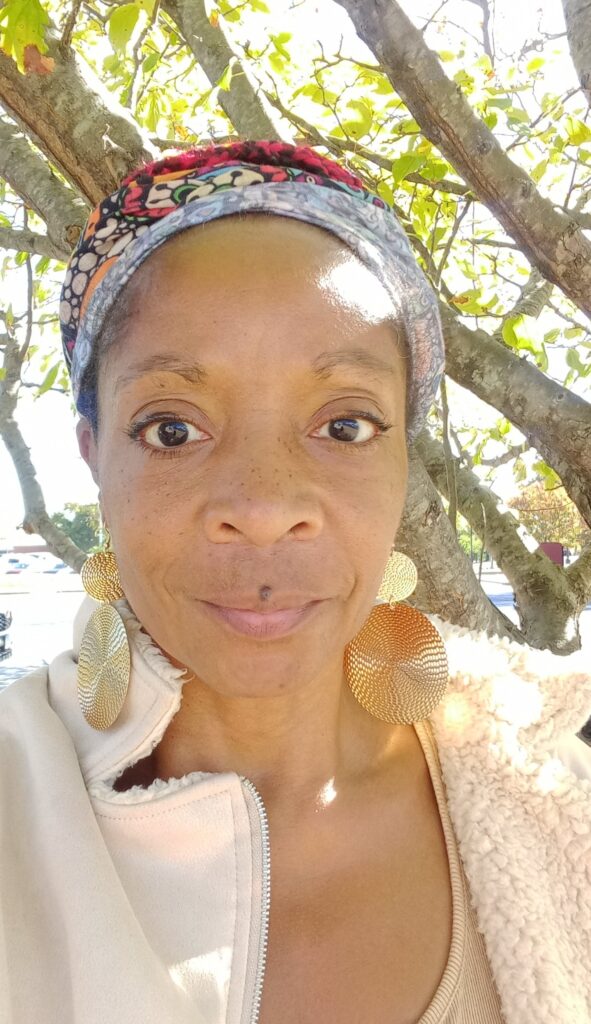
This workshop will focus on how chapbooks can aid and abet a poet’s career, regardless of whether a poet has never published one or has published many books. We’ll talk about the difference between full length poetry collections, chapbooks, and microchapbooks. We’ll discuss what subjects are more suited for the shorter page limits of chapbooks, and will debate whether books devoted to a single poetic form are more suitable for chapbook presentation than in a longer book. We’ll discuss the phenomenon of the “chapbook starting poem”–defined as that remarkable poem that lets you know a chapbook is underway. Finally, we’ll talk about chapbook publishers, both finding one for your manuscripts or becoming one to publish works by other poets. Bring a chapbook in progress if you have one!
Allison Joseph lives in Carbondale, Illinois, where she is on the faculty at Southern Illinois University. Her most recent collections of poems are Lexicon (Red Hen Press, 2021, PBTS Best Book Award winner), Any Proper Weave (Kelsay Books, 2022), Speak and Spell (Glass Lyre Press, 2022), and Confessions of a Barefaced Woman (Red Hen Press, 2018). Confessions of a Barefaced Woman won the 2019 Feathered Quill Book Award and was a finalist for the 2019 NAACP Image Award. She was named Illinois Author of the Year for 2022 by the Illinois Association of Teachers of English. Her poems have appeared in the New York Times and in the Best American Poetry Series. She is the widow of beloved poet and editor Jon Tribble.
RETHINKING YOUR WRITING PROCESS: WRITING VISCERAL POETRY
WITH CLARE ROSSINI
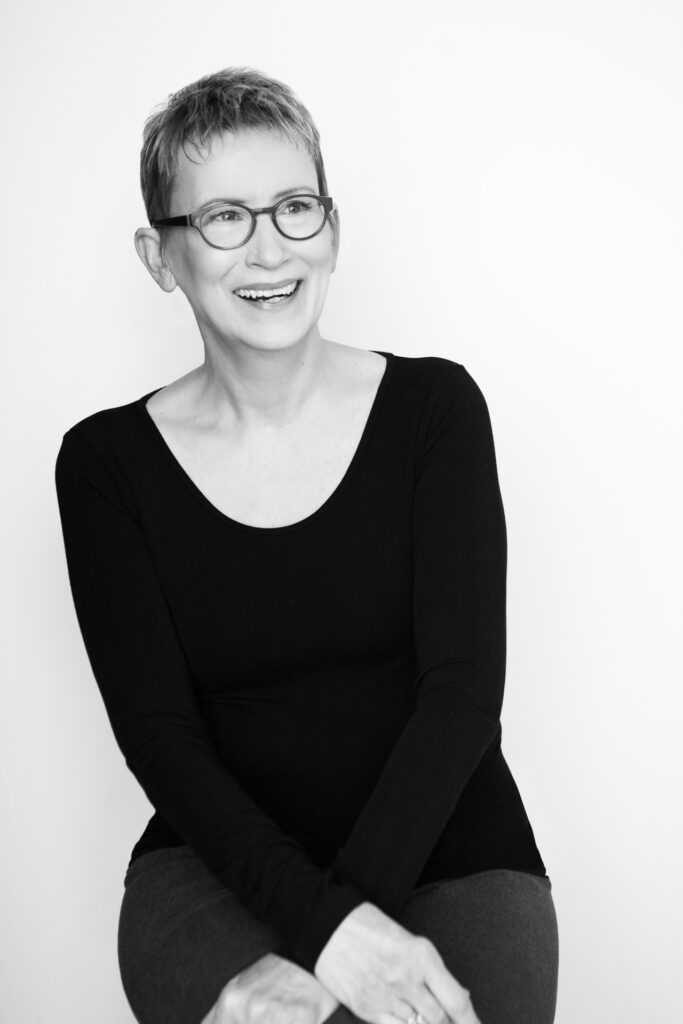
In a letter written in 1924, Hart Crane wrote, “I try to make my poems experiences, I rather don’t try, when they are good they are.” I think we all know what Crane means: the best poems seem to go beyond recording or describing experience. Instead, the poems themselves are experiences, their form, voice, language, or imagery so alive that when reading them, we lose ourselves in the poem’s words and music. We may describe such poems as Emily Dickinson did, who said, “If I feel physically as if the top of my head were taken off, I know that is poetry.” Emily Dickinson here describes a poem whose effect on the reader is not just aesthetic or intellectual but physical. Visceral.
In this workshop, we’ll explore what seem to be the essential aspects of visceral poetry—using plenty of examples along the way—and will suggest strategies for re-thinking your writing process to harness that power in our work. Come ready to have the top of your head taken off.
Clare Rossini’s poems and essays have appeared widely in journals and anthologies, including The Paris Review, The Kenyon Review, The Iowa Review, Poetry, and The Best American Poetry series, where her poems have appeared twice, most recently in 2020. Clare has published three books; the first, Winter Morning with Crow, won the Akron Poetry Prize. She recently co-edited an anthology titled The Poetry of Capital (U of Wisconsin, 2020). She’s received grants and awards from a variety of organizations, including the State of Connecticut, the Minnesota Arts Board, the Bush Foundation, and the Maxwell Shepherd Foundation; she’s been awarded residencies at MacDowell Colony, Yaddo, and the American Academy in Rome. After teaching at the college level for over forty years—including 23 years at Trinity—Clare recently retired. She continues to teach at conferences and is laying plans for an environmental organization involving poets and poetry.
DRAWING CONFESSIONAL BOUNDARIES
WITH Alexis Sears
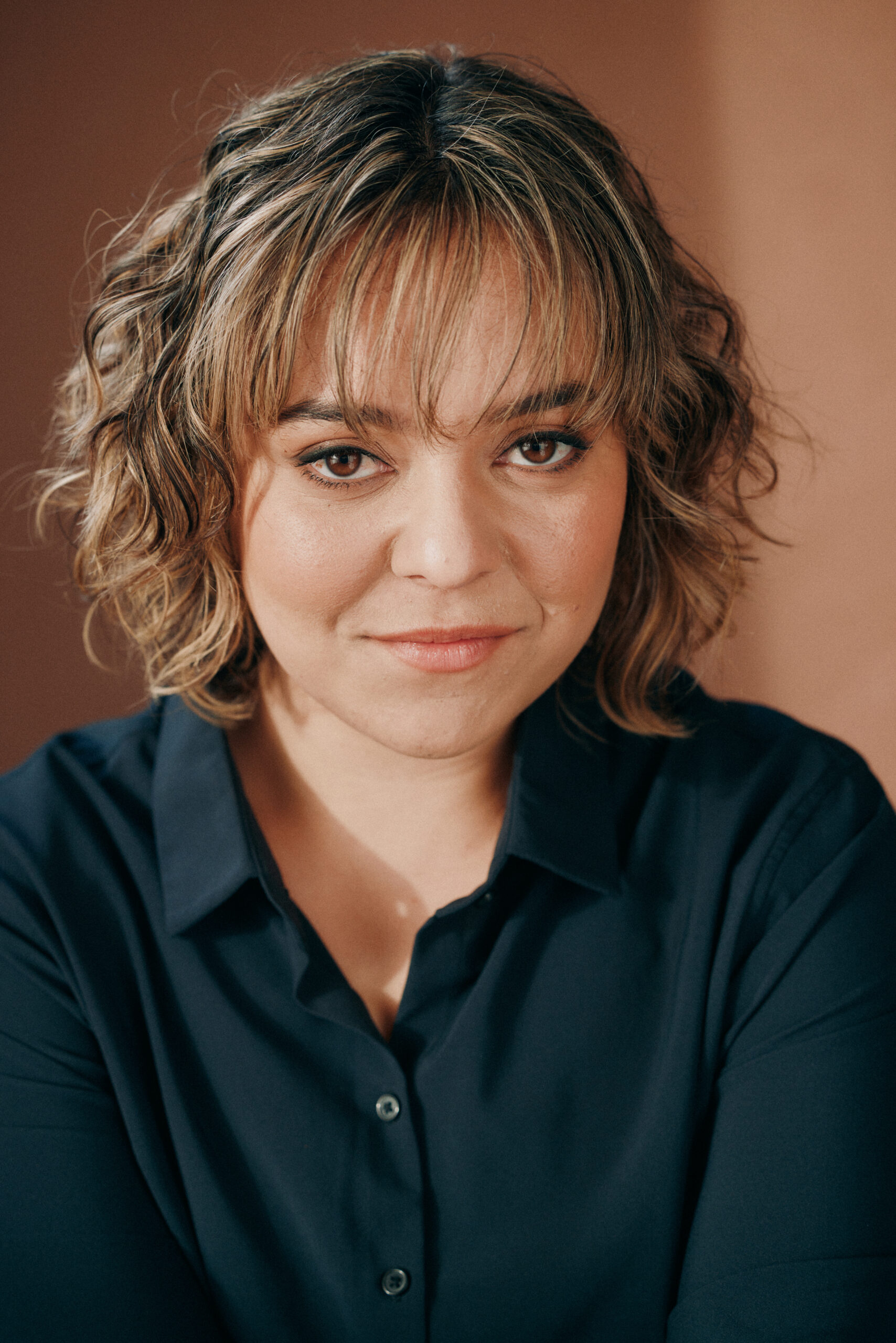
Confessional poetry often gets a bad rap. Critics (including those who have been labeled “confessional poets” themselves) describe it as self-indulgent and even whiny, prioritizing emotion over craft. In this workshop, we will explore the nuance of the confessional style, as well as the relationship between heavy, personal subject matter and technique, especially in formal poems.
At what point does displaying vulnerability in a poem become a melodramatic rant instead of a carefully constructed work of art? When it comes to disclosing emotional details in poetry, is there such a thing as too much? And what even is a confession anyway, as opposed to storytelling? Please come prepared with a confessional poem of your choice and the desire to get into the nitty gritty!
Alexis Sears is the author of Out of Order, winner of the 2021 Donald Justice Poetry Prize and the Poetry by the Sea Book Award: Best Book of 2022. Her work appears in Best American Poetry, Cortland Review, Birmingham Poetry Review, Cimarron Review, Poet Lore, Hopkins Review, Literary Matters, Rattle, and elsewhere. An LA native, she is Editor-at-Large of the Northwest Review and Contributing Editor of Literary Matters.
